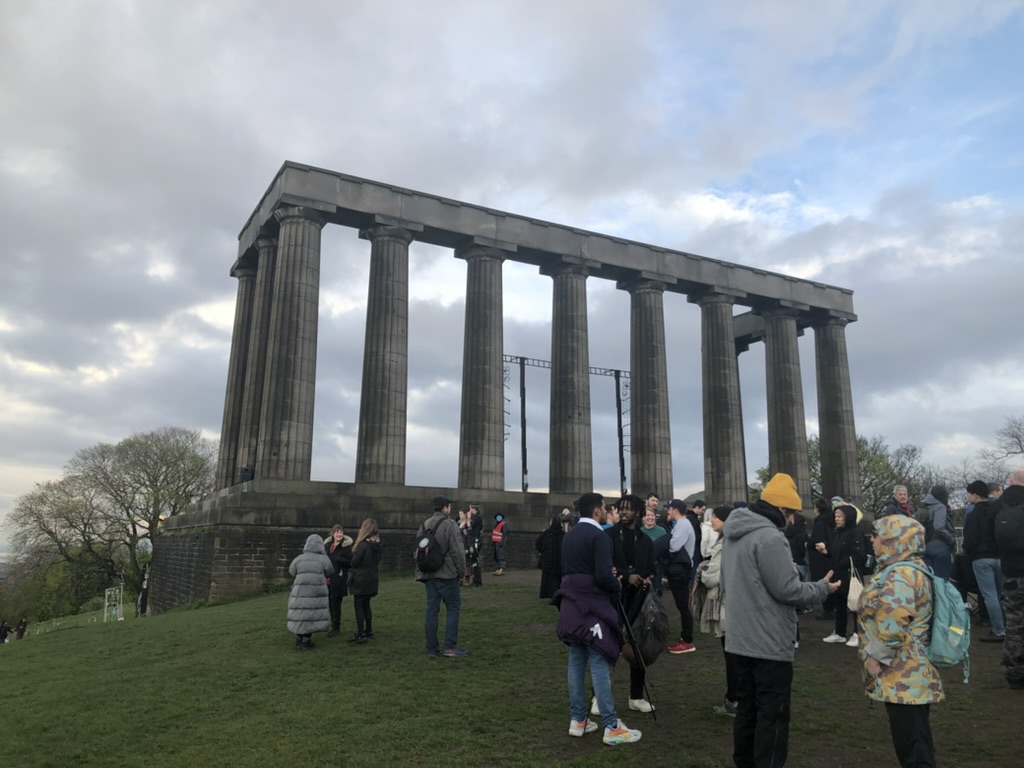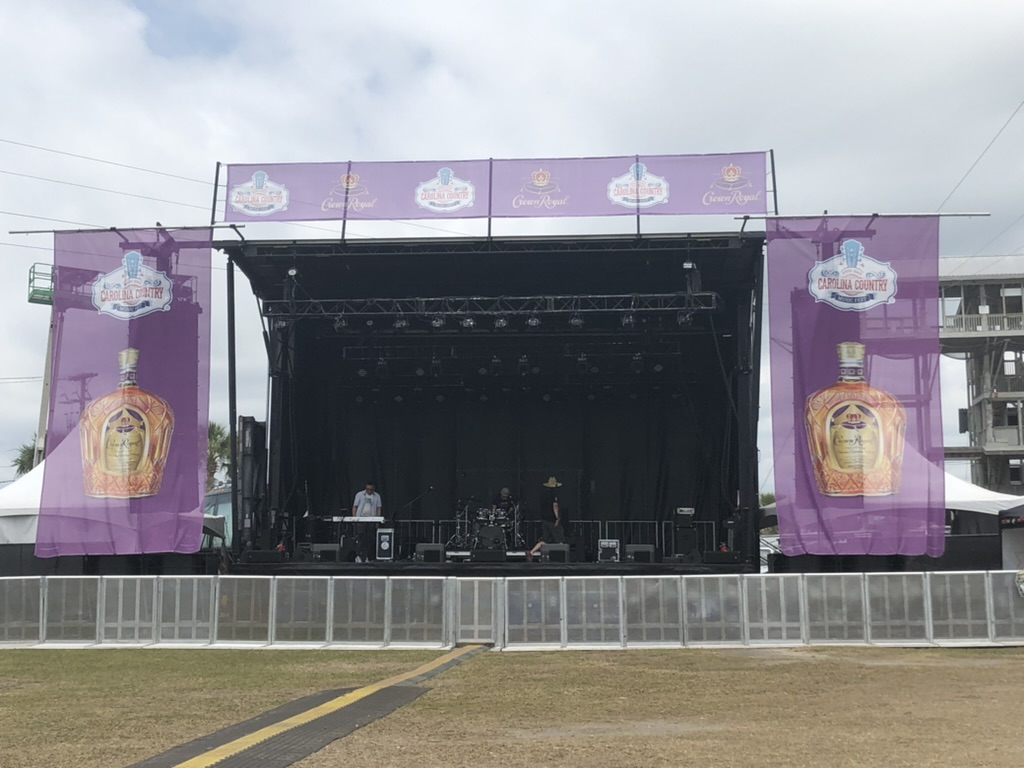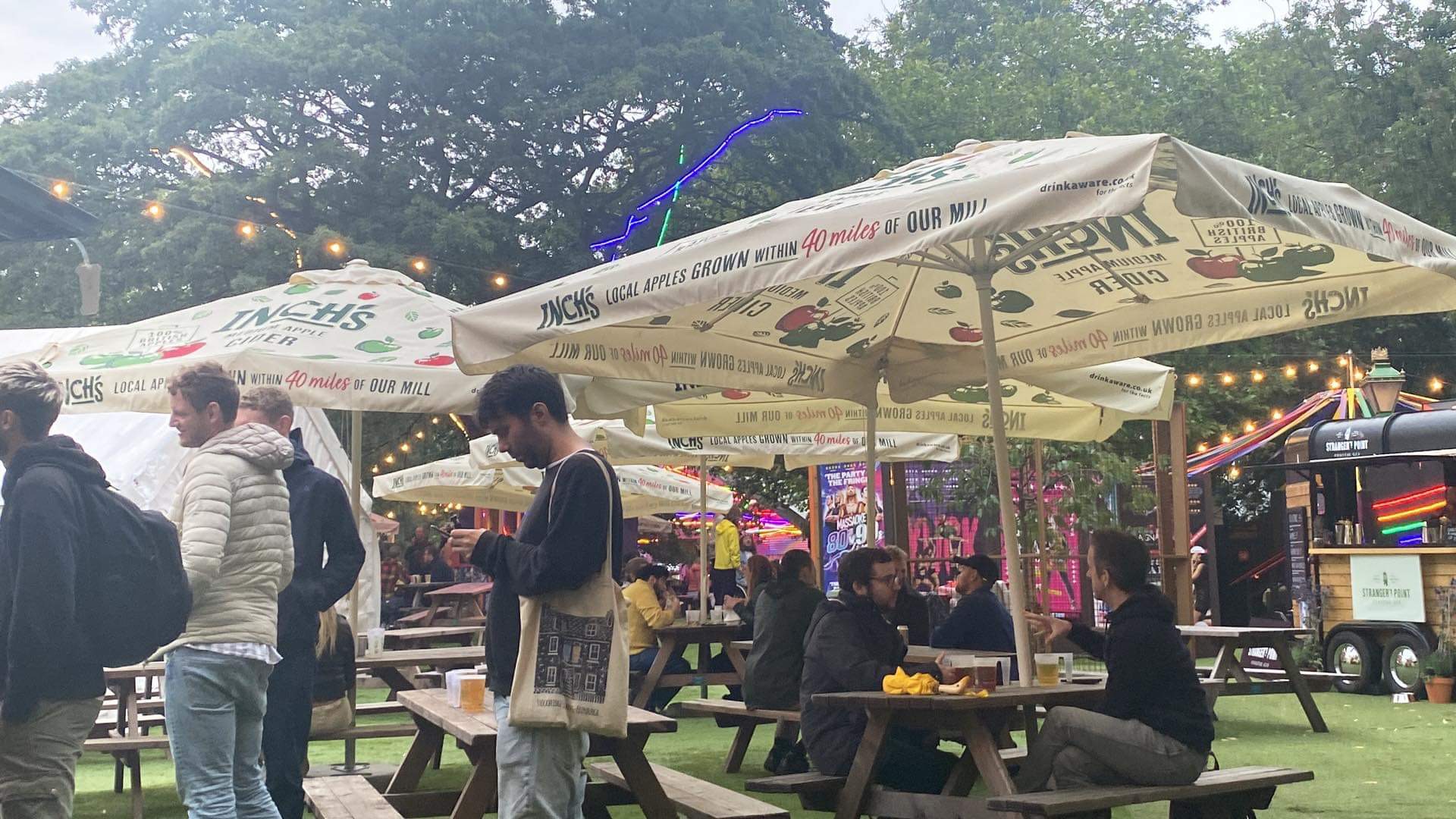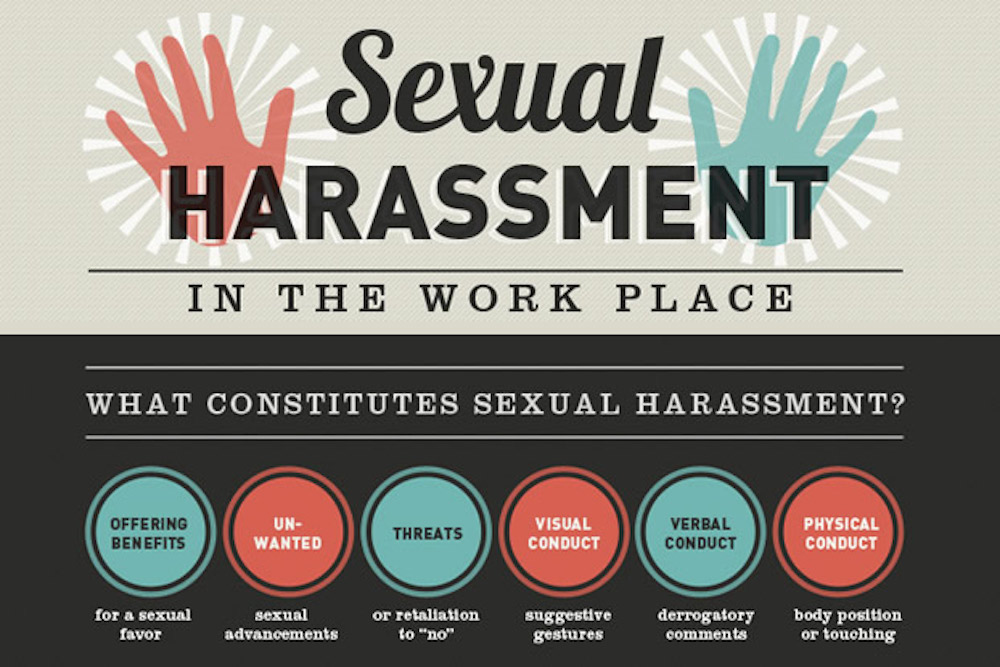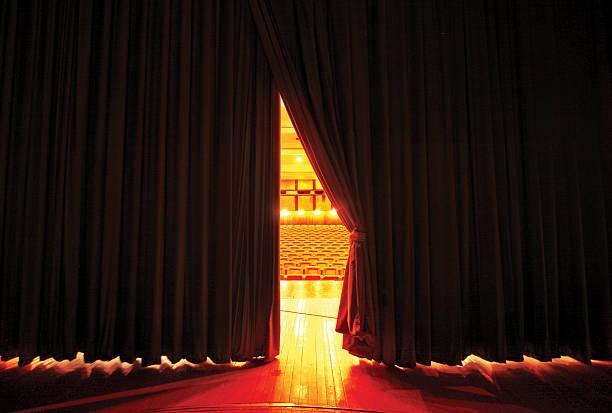I want to start this by stating three things:
- Date (or don’t date) whoever you want.
- These are not actual rules, merely an observation of what I have found works best in most situations but every situation is different.
- It’s not “all men” but it is enough men to still be a massive issue.
The following piece is in two parts:
The work relationships, and lack of, and friendships can feel left out in our ever-so-busy lives. The rules of engagement are an all too familiar hazardous road that is complicated to navigate. Hopefully, this roadmap helps and can be taken light-heartedly as it is meant.
Working Rules:

Everyone knows it’s a bad, even terrible, idea to date someone you work with (if you don’t believe me, there are plenty of television shows about it). This is one of the golden rules of working in this industry: it’s always a bad idea to mix play with pro. Even during shorter contracts where you might be there for just a few months, or just one weekend, and it’s justifiable that you might never see the person again. However, as women in this industry, the majority of the time when we try to be friendly to our male colleagues it often comes across as flirting. Then when we explain we were simply being friendly, things tend to get a bit messy. This is not unlike any other work environment except ours, our male colleagues can taint our reputations and easily get us barred from working with them or anyone they know or in the general area again. There are men literally everywhere in this industry as womxn only make up roughly 5% of it. Even during the minor miracle of times when our male colleagues don’t assume we’re flirting, we are constantly talked down to, discouraged, dismissed, and deterred. How do we engage in this professional environment with these situations stacked against us?
These rules are in no particular order.
Rule 1: When you go out from work together, it’s not just the two of you.
I like to call this the kindergarten rule, this means if you invite one person on the team for drinks then you invite as much of the team as possible. This is so you don’t get caught up in someone’s rumour mill of “they were on a date” or “they’re sneaking around.” You may not like everyone on your team, but it’s highly unlikely that everyone you invite for a drink will say yes.
Rule 2: Join in on the banter.
Everyone you work with is going to give you hell of some kind. So give it right back to them. This banter isn’t necessarily specifically toward you. It could be just general goofing off between coworkers and we all need to laugh at ourselves occasionally.
Rule 3: Stick up for yourself.
It’s one thing to banter, but it’s entirely different when you are outright disrespected. Disrespect can also come in many forms. Those with more experience generally know how to guide those with less experience. Leaning over our shoulders telling us how to do the job that we were hired for is not teaching, it shows that we are not trusted to do our job and it is a form of disrespect.
Rule 4: Ask luxurious amounts of questions.
Yes, this will most likely get on your colleagues’ nerves eventually because you’re asking so many things. However, we don’t learn new skills without asking these questions. If we don’t ask, we are often not given the same treatment either. While many of my male colleagues were outright given training for specific skills, I had to ask (multiple times at that).
Rule 5: Teaching isn’t touching.
This is one I have seen with nearly every female’s experience in trying to learn new skills. Teaching someone how to solder shouldn’t involve them sitting on your lap. Teaching someone how to programme a show shouldn’t involve putting hands over the top of theirs. Teaching someone about a studio set-up shouldn’t involve them texting you late at night saying they are in the studio alone saying and thinking about you. And don’t ever let “Well, that’s not what they meant” or “They were just being friendly and working in a small space” be gotten away with. If it felt wrong, it was.

Rule 6: You’re not a relationship therapist.
Typically in a more office or corporate setting, somehow women become the experts on other women and what they want. There have been too many times someone’s wife/girlfriend/whoever came into the production office (or tent for those times during festivals) and accused me of telling their partner to do or say something that I didn’t. I later found out it was one of their guy friends but the men told their partner that it was me.
Rule 7: Make a good reputation for yourself.
A reputation is better than gold and worse than death in this industry. A reputation is what everyone will judge you on and expect from you, especially if you’ve never worked with a certain person or crew before. Whether we like it or not, women represent other women in the industry. We are judged as women for our work, and what we do is how it will come across as how every woman does things. Be fast at learning, and even faster on your feet with a problem. Be early, even earlier than your boss. If you’re the first one there, they have to deal with you. When you know you’re right, be heard and be confident about it.
Rule 8: Don’t mince words.
Men customarily are straightforward. Stating exactly what you mean, what you want, and need will go a long way. They’ll get it. You don’t need to explain or go into depth about it, just state it as a matter of fact. This includes your interest, or lack of it, towards them.
Rule 9: Decide your own professional boundaries.
I reached out to a friend, a fellow female audio engineer, who is currently dating someone she works with regularly. She has been dating them for roughly six years and has worked with them multiple times over those years. Her partner’s a lighting technician, and they often found themselves working together before becoming serious in their relationship. She told me it did take them several projects together to find what really worked for them in their relationship while maintaining that professional boundary in the workplace, but it is indeed possible.

Rule 10: Be yourself.
I can not stress this rule enough. To make it in this industry, it is generally demanded of everyone to be tough because it’s a cut-throat environment. I won’t lie, this industry is tough. This industry is cut-throat. What is tougher is walking into work and acting like someone that isn’t yourself. When I was talking to my friend about her partner, it came up that she recently worked with another female audio engineer. She said she caught herself noticing the other female’s makeup. She caught herself almost judging this other female and how she did her job simply because she appeared “more feminine.” It’s those moments where we have to catch ourselves because really, who cares? It doesn’t affect how you do your job.
Friendly Practices:

Our male colleagues are not the only ones whom I have found require a map to engage with them while working in this industry. Over and over, we forget our friends who are on the road or while we’re on the road. It’s not that you don’t miss them, the schedules are just too hectic. You don’t get the typical Friday night through Sunday to make time for each other and hang out. Your days or nights off become Monday and Tuesday. Remember growing up and you hating Monday, now you look forward to it simply so you have a day to sleep in. This is why this industry is so commonly called the “anti-social club” because it truly is for those who don’t plan on socialising within normal hours. Our friends outside of this industry don’t want to go out on either of those days because they’re likely to have work, and we can’t go out with them on their nights off because we have work. So they try to compromise and they make the effort to come to see us at work at one of our shows on their night off, but we still don’t have time to hang out immediately before or after the show because that’s soundcheck time and everything else magical that happens behind the scenes. This often leads to friendships fading or ending.
Again, these rules are in no particular order.
Rule 1: When you do go out from work together, put work aside.
My friends don’t always understand why I don’t want to hang out with them at festivals (the ones I’m not working), or at live band nights. Honestly, it’s difficult to get away from work in those places. I instantly notice things that my friends naturally don’t, and my mind gets stuck back in work mode. Lately, it’s worked when my friends outside of the industry meet me in neutral spaces like a coffee shop or getting a bite at a restaurant.
Rule 2: Don’t expect every detail of each other’s lives since you last saw them.
When working on the road it can be difficult to remember exactly the last time you saw one of your friends, especially if they’re also on the road at the moment. With the hectic schedules, it’s simply tough to remember anything other than the next assignment that needs to be done. When you do get to finally see your friends again, try not to expect a play-by-play of exactly everything that happened since the last time. Honestly, most people will give the big events that had an impact and leave out the details. We will also get things wrong because of so much time away and apart. That’s okay!
Rule 3: Try to remember important days.
Remembering days that are important to your friends can sometimes be challenging, and is even more so with the constantly changing schedules of the job. Try setting reminders and putting things in your calendar so you don’t forget things like birthdays.
Rule 4: Talk as often as you can.
Let’s face it, this is a pretty cool career even if some of your friends have no idea what you really do, they know it’s cool. You may not be able to talk shop with all of your friends, but you’ll still get to tell them about the awesome night you had mixing a show. The friends you can talk shop with, you can always bounce ideas off each other. Sometimes when we’re stuck on something, we forget that some of the best resources we have are our friends in this industry.

Rule 5: Take a break from the anti-social club.
It’s okay to take a night off during the weekend once in a while. This is when the majority of your friends will be able to actually spend time with you. This is why we have subs for when we’re on our tour. Take a break, and remember what the world is like on the weekend when you’re not working. Enjoy your friends’ company.
Rule 6: Respect their time.
It might not be a late travel day for them, but they might still be busy. In this industry, it can be easy to roll your eyes and think “You don’t know what busy looks like” because we’re regularly busy. If your friends say they’re just too busy or something came up, chances are that either it’s important or that they’re too tired to hang out. Each of those is fine, and it needs to be respected either way. It’s true that you may not get to see your friends all too often, but you will see them again. Perhaps not today when they’re busy, but maybe they’ll be free for something later while you’re still in town or maybe they’ll take a vacation and come see you on the road somewhere down the lineup.
Rule 7: Treat your friends in the industry as more than just marketing.
A friend in this industry can do wonders for anyone. That doesn’t mean it’s the only way to get anywhere. Your friends in this industry don’t want to feel like they are just tools for you to get ahead in your career. Friends in this line of work can either open new doors for you or slam them shut and lock them before you ever get the chance to ask. It’s good to show support and congratulate them not just because you think it will get you ahead someday. There are so many ways to support each other in this profession like following each other on social media and collaborating with one another.

Rule 8: Lifelong friends need to stay lifelong.
One of the worst goodbyes I have had to do was going on the road for the first time. Of course, it’s exciting but also terrifying leaving something that you have gotten comfortable with and somewhere you know everyone. Leaving my best friend to go out on the road to pursue my career while he finished school was heartbreaking. We both promised to stay friends and talk every day as you do when you’re young and naive and don’t know how busy life can get. We haven’t always kept the promise of talking every day, but we’re getting back to that and he’s still my lifelong best friend. Those don’t come around every corner and it’s good to reminisce about things only lifelong friends would know about.
Rule 9: No one is always easy to get along with, and you’re no exception.
Canceled travel plans for the weekend, again. A last-minute phone call from the studio about a client even though you’re already out for the evening, again. Your boss telling you that they need you to cover until four in the morning on Friday even though you’ve already asked for that night off two weeks ago, again. It’s one thing after another at the start of your career, and sometimes it feels like it doesn’t go away. Our friends, especially at the start of our careers, put up with a lot from us too, and deserve to be recognised for that. How many times have we canceled, or gotten pulled away from a beer with the gang because of work? Yet they’ve stuck by us while we’ve advanced our careers because we were putting in our dues. That’s not an easy thing to always get past.
Rule 10: Let them be themselves.
In this work, sometimes we get to work alongside some A-List clients. Setting up panels for Comic-Con, mixing a live concert, or running playback sound for a film festival. We can become accustomed to this environment, but our friends outside of this industry (and even some inside) don’t. What we tend to forget is that we all have that one person/show/film that we would do anything just to get a glimpse of. When your friend is standing next to you shaking you uncontrollably so your arm resembles jello because you got to introduce them to their favourite person/show on the planet, to you it’s annoying and embarrassing. To them, it’s a once-in-a-lifetime opportunity. Just let them be themselves and try to enjoy the excitement on their face while they’re starstruck.













